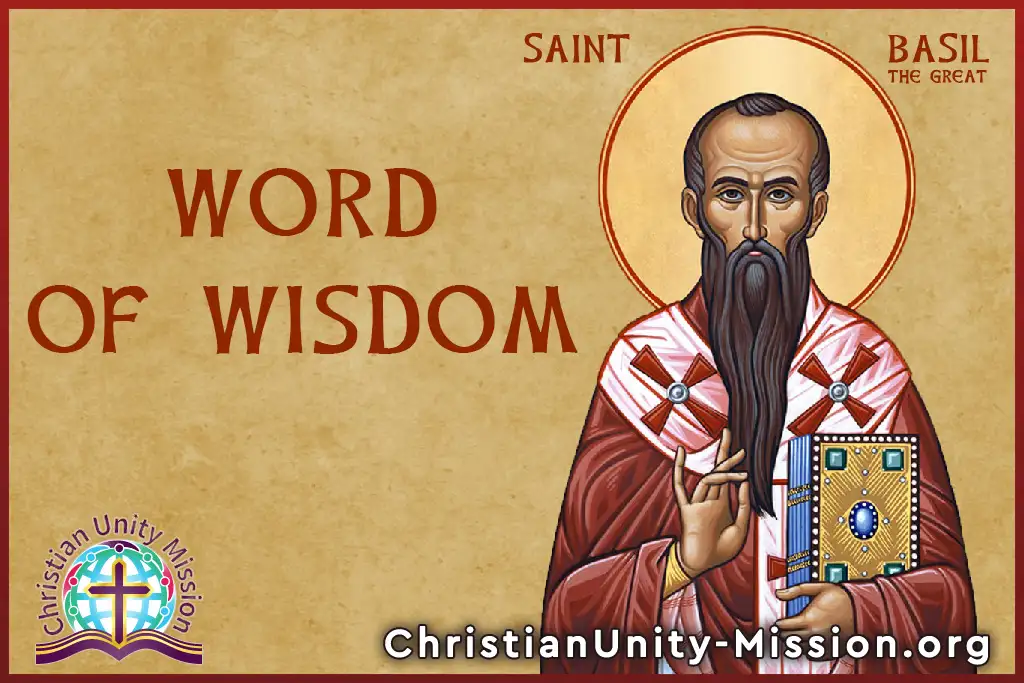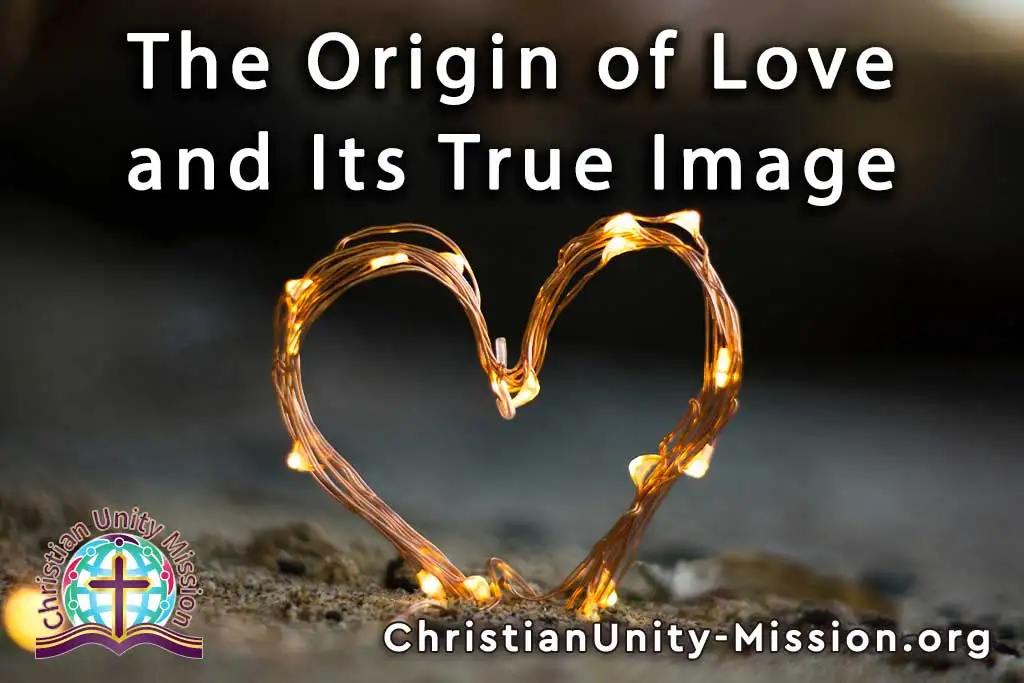
“When someone steals another’s clothes, we call them a thief. Should we not give the same name to one who could clothe the naked and does not? The bread in your cupboard belongs to the hungry; the coat unused in your closet belongs to the one who needs it; the shoes rotting in your closet belong to the one who has no shoes; the money which you hoard up belongs to the poor.”

Light & Life of the Gospel
The Origin of Love and Its True Image
The relationship between God the Father and man, whether before his creation or after his creation, was based on God’s special and sincere love to him. And that He loved him with the same love for His Son Jesus Christ. God the Father called us out of nowhere to exist because of His love to us. He loved us just as much as He loved His Son Jesus Christ. Therefore, the loving relationship between us and God the Father must reach the image and likeness of love between the Father and His Son Jesus. I must love Him as Jesus loved Him. To have a relationship with God means to enter into this circle of love.
The Heavenly Father expresses His love for us with an abundance of endless giving, and we express our love for Him in complete submission to His will, like Jesus. We cannot enter into unity with God except with love. To be submissive to God’s will means to be united by His will. Just as Christ does nothing of Himself except what the Father wills, so too should we. We must say like David “I delight to do Your will, O my God, And Your law is within my heart.”
When I unite with my Heavenly Father and focus on His will, I find that He loves my brother, so I choose to love my brother as He loves him and loves me. I find that He forgives my brother, so I submit to Him and forgive my brother as He forgives me. I see Him loving my brother and giving His only begotten Son to save him, so I also strive for my brother’s salvation. And this is the real meaning of the church, a body that has many organs all united by the head, Jesus Christ.
On the contrary, the fake love that Satan made is the self-love and selfishness. It is the love of consumption. The love of the world and its desires does separate us from the true love, the love of God. And that is why the Gospel says, “friendship with the world is enmity with God?”, why? Because it separates us from the essence of the true love, which is the love of giving, submission, and unity with God.
Do you know that love is the first and greatest commandment in the Gospel “‘You shall love the Lord your God with all your heart, with all your soul, with all your strength, and with all your mind,’ and ‘your neighbor as yourself.” (Luke 10:27). Also, Christ’s commandment to us is that we love one another as He has loved us. (John15:12.) Love is the essence of the Gospel.
So, sisters and brothers we must submit to God’s will because it is light and life. We have to obey Christ’s commandment so that He may dwell in us and pour out His Holy Spirit, to free us from ourselves and our selfishness and open us to receive His eternal life and His glory. Amen